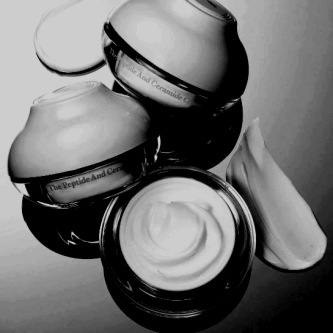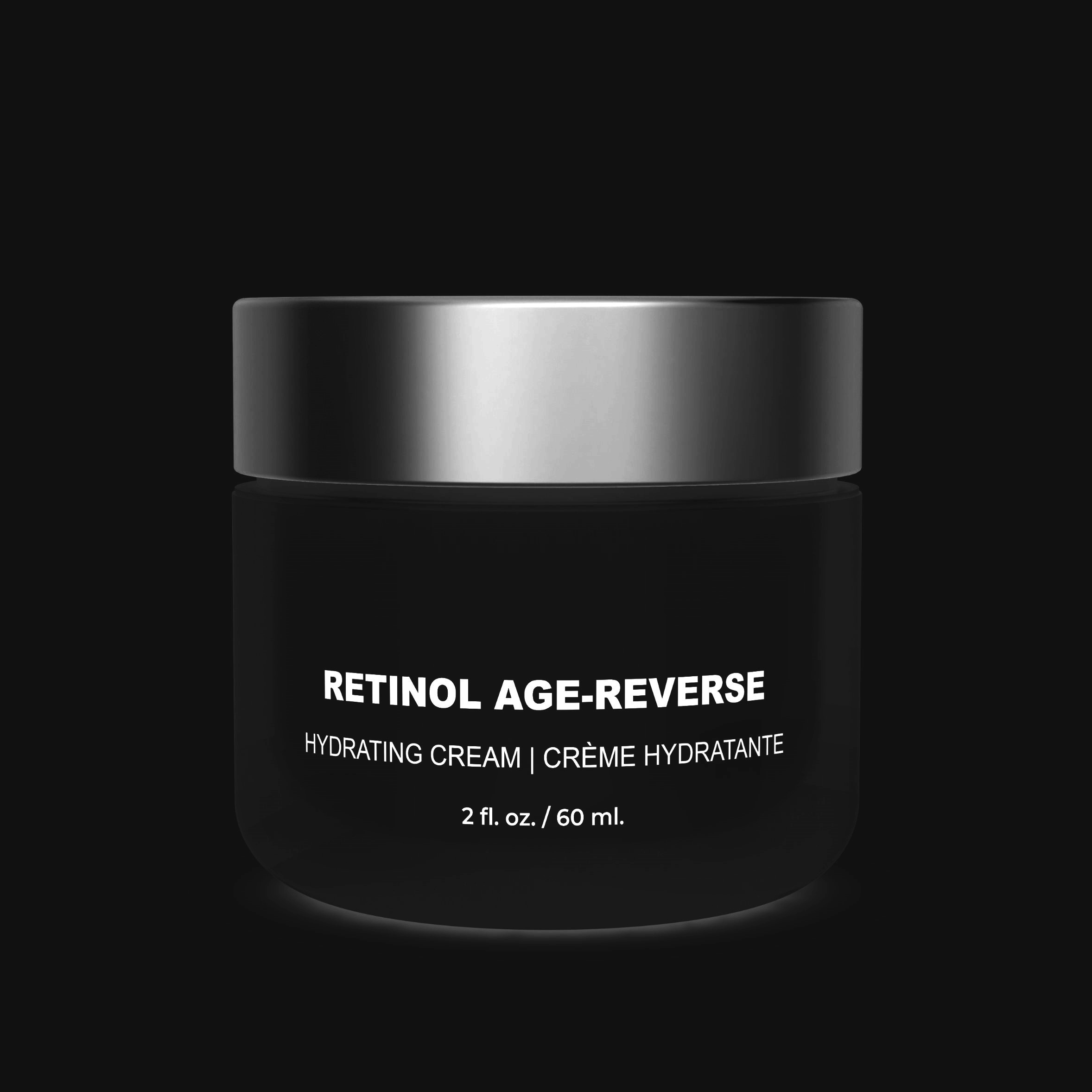Peptides for Skin : Anti-Aging Effects of Peptides in Skincare Products
“Find out what peptides are and how they can help your skin…”

What are Peptides?
“Peptides are short chains of amino acids that act as chemical messengers and have the ability to go into cells. Once they reach the inside of a cell, they repair tissues at their cellular level.”
“Peptides are short chains of amino acids that act as chemical messengers and have the ability to go into cells. Once they reach the inside of a cell, they repair tissues at their cellular level.”
Peptides are amino acids that serve as the building blocks of essential proteins such as collagen and elastin. Peptides used in skincare improves absorption of other ingredients [vitamin C, niacinamide, antioxidants, and hyaluronic acids] and also deliver cellular instructions to cells. To put it another way, consider peptides as being messengers to other cells. Collagen and elastin production and cell repair is encouraged by these signals.
“Peptides are short chains of amino acids that act as chemical messengers and have the ability to go into cells. Once they reach the inside of a cell, they repair tissues at their cellular level.”
“Peptides are a collection of short-chain amino acids that are the foundation of all proteins in your body, of which there are many… In your skin, collagen and elastin are the proteins responsible for a plump and firm appearance. More collagen and elastin means fewer wrinkles and greater skin resiliency. Peptides act as the building blocks for both new collagen and elastin fibers. These fibers constitute the foundation of our skin and contribute to skin firmness and elasticity.”

The Benefits of Peptides for the Skin
- Improved and strengthened skin barrier
- Reduced wrinkles and fine lines
- More elatic skin
- Reduces inflammation
- Can help remove acne
What do Peptides do?
Peptides play an intricate role including sending instructions and building blocks to cells that initiates the production of new proteins. Peptide infused skincare can be absorbed more efficiently through the skin then collagen products because peptide molecules are much much smaller. And peptides are small enough to permeate the outer layer of skin. For this reason the ideal Peptide skincare products should sit on the skin for an extended period of time, as this will increase the absorbption of the other age reducing ingredients into the deeper layers of the dermis.
In addition to being critical to the structure and function of the skin (firmness, texture, and overall look), peptides are present in every human cell and play a crucial part in how the body operates, frequently functioning as a biological messenger. The human body always requires peptides and the body cannot operate without them. Peptides serve as the building blocks for enzymes, hormones, and energy sources, among other functions.
Types of Peptides
Neurotransmitter peptides may be found in injectables like Botox as well as topical therapies like Argireline – both serve to relax your face muscles so they don’t tighten as much, reducing wrinkles and laughing or worry lines. According to a 2009 research published in the International Journal of Cosmetic Science, these types of peptides decreased some wrinkle forms by 30%.
Peptides from Neurotransmitters
Neurotransmitter peptides may be found in injectables like Botox as well as topical therapies like Argireline – both serve to relax your face muscles so they don’t tighten as much, reducing wrinkles and laughing or worry lines. According to a 2009 research published in the International Journal of Cosmetic Science, these types of peptides decreased some wrinkle forms by 30%.
Peptides that signal
Signal peptides, also known as palmitoyl pentapeptides, are the most commonly used in skin care. They are known to encourage the creation of collagen, elastin, and other structural proteins, which give the skin a firmer and fuller appearance.
Peptides Carrier
Carrier peptides acquire their name from their role in carrying trace elements to the skin, such as copper and magnesium. Copper has been a particularly popular element in recent years due to its ability to boost collagen formation, firming up the skin and increasing suppleness. Copper complexes have also been shown to lighten age spots and reduce the look of photoaging skin.
Peptides that inhibit enzymes
Enzyme-inhibitor peptides, as the name implies, function by slowing the body’s natural process of collagen loss. Peptides produced from rice proteins aid to retain more collagen, but peptides derived from soy can help to avoid pigmentation.
Choosing the Right Peptide Skincare Product
There are so many peptide-containing products on the market that it might be difficult to know where to begin. Here’s how to buy peptides, as well as a few reputable skin care companies to consider:
Choose the appropriate form. Choose a product that will have extended touch on your skin, such as a serum or a moisturizer. Because a cleaner is washed away, it is not as effective. To get the benefit of the peptide penetrating the outer skin barrier to deliver the beneficial components of the skincare product, the product should be kept on the skin for an extended amount of time. Because the longer its on the skin the more beneficial ingredients get absorbed.
Choose your other components carefully. Peptides complement other compounds such as vitamin C, niacinamide, antioxidants, and hyaluronic acids. When a peptide is combined with an alpha hydroxy acid (AHA), the peptide performs less effectively.
Examine the label. Peptides should be towards the top of the ingredient list if possible. They may also be referred to as “palmitoyl.”
Work Cited :
Jeong, S. “Anti-Wrinkle Benefits of Peptides Complex Stimulating Skin Basement Membrane Proteins Expression”. https://www.ncbi.nlm.nih.gov/pmc/articles/PMC6981886/
Elias, P M. “Skin Barrier Function”. https://www.ncbi.nlm.nih.gov/pmc/articles/PMC2843412/
Li, F. “Low-Molecular-Weight Peptides Derived from Extracellular Matrix as Chemoattractants for Primary Endothelial Cells”. https://www.tandfonline.com/doi/abs/10.1080/10623320490512390?cookieSet=1
Lazazzera, B A. “The intracellular function of extracellular signaling peptides”. https://www.sciencedirect.com/science/article/abs/pii/S0196978101004880
Bohmova, E. “Cell-Penetrating Peptides: a Useful Tool for the Delivery of Various Cargoes Into Cells”. https://www.biomed.cas.cz/physiolres/pdf/67/67_S267.pdf




